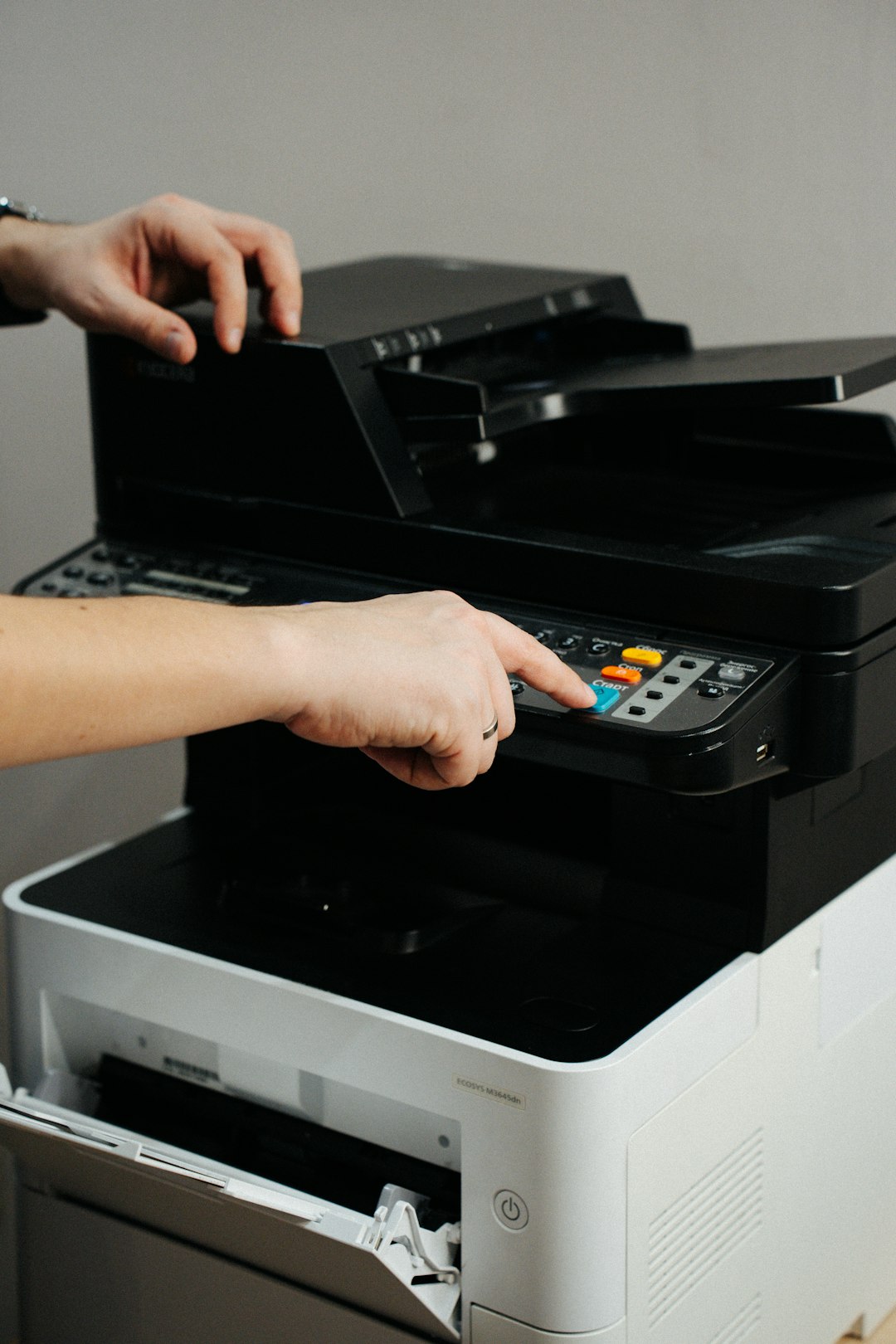When you are sick, a medical device can often be the key to diagnosing or treating your ailment, whether it’s a simple blood pressure monitor or CAT scan. Biomedical devices are crucial to the healthcare industry and can be the difference between life and death. However, before these devices can be used on patients, they must go through rigorous biomedical device testing to ensure their safety and effectiveness.
The testing of biomedical devices involves a variety of assessments, including usability, animal testing, and clinical trials. Usability testing assesses whether the device is easy to use and interpret. Animal testing is used to determine the safety and efficacy of the device on living subjects before it is tested on humans. Lastly, clinical trials are performed to evaluate how the device works on humans.
Biomedical device testing is important for several reasons. First and foremost, it ensures the safety of patients. In some cases, the use of a faulty device can lead to injury or even death. The testing ensures that the device is safe to be used on humans before it is brought to market.
Additionally, testing determines the efficacy of the device. Biomedical devices are meant to help diagnose or treat an illness or condition, so it is crucial that they work as advertised. The safety of human subjects is of utmost importance, and testing ensures that the device does what it is intended to do without causing harm.
Another reason for thorough testing is that it can help to improve the device. During the testing phase, data is collected and analyzed. This data can be used to identify any flaws or issues with the device, allowing the manufacturers to improve upon it before releasing it to the public. In this way, thorough testing can lead to better and more effective biomedical devices in the future.
Furthermore, rigorous testing can reduce the likelihood of product recalls. A recall of a medical device can cause significant harm to a company’s reputation, result in loss of revenue, and, most importantly, harm patients. Once a device is recalled, patients who have already been given the device will need to have it removed or replaced. This can be a painful and expensive process, both for the patient and the healthcare system as a whole.
Lastly, biomedical device testing is governed by regulatory bodies such as the FDA and the European Medicines Agency. These regulatory bodies have strict guidelines and standards that must be met before a device can be brought to market. Therefore, compliance with these regulations ensures that the device is safe and effective.
Biomedical device testing is vital to the healthcare industry. It ensures the safety and efficacy of medical devices, leads to improvements in device design, and reduces the likelihood of product recalls. Furthermore, regulatory bodies have strict guidelines and standards that must be met before a device can be released to the public. Ultimately, the goal of biomedical device testing is to provide patients with safe and effective devices that can improve their quality of life.











